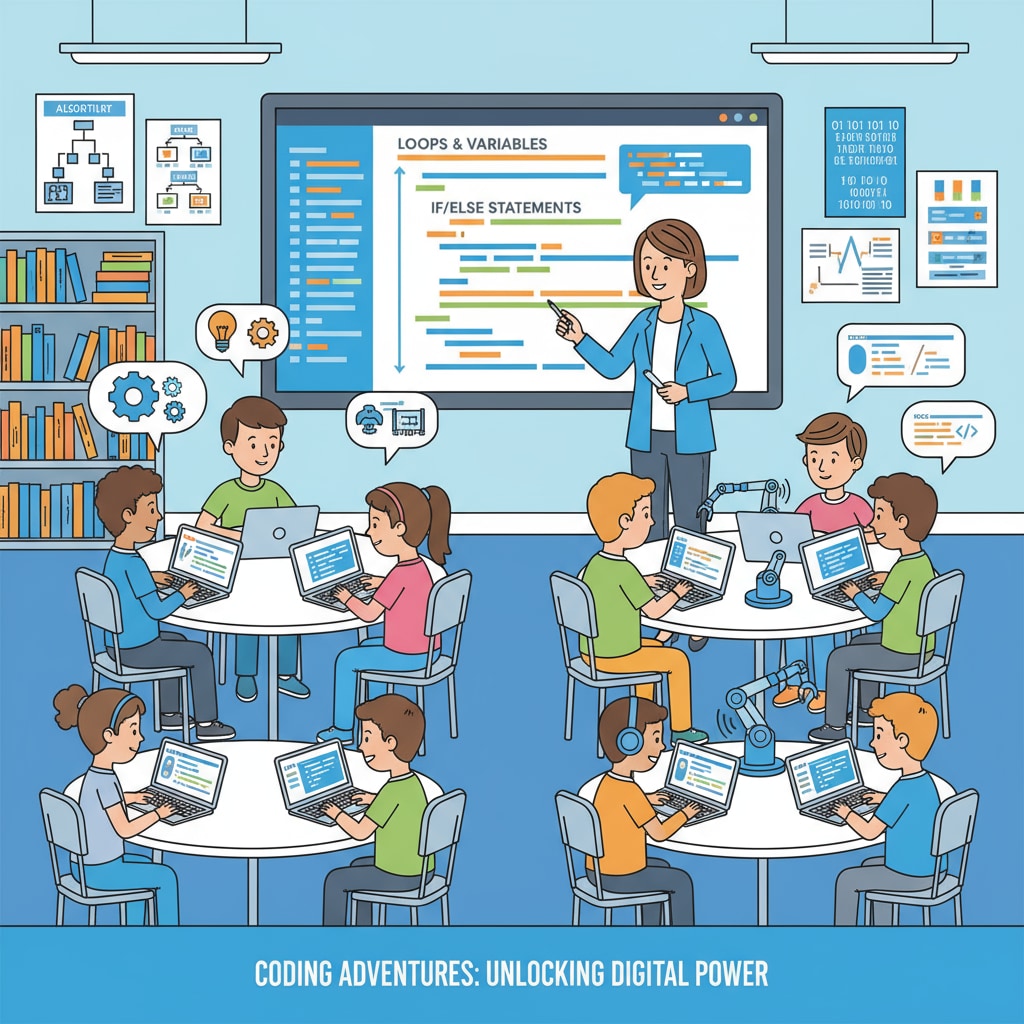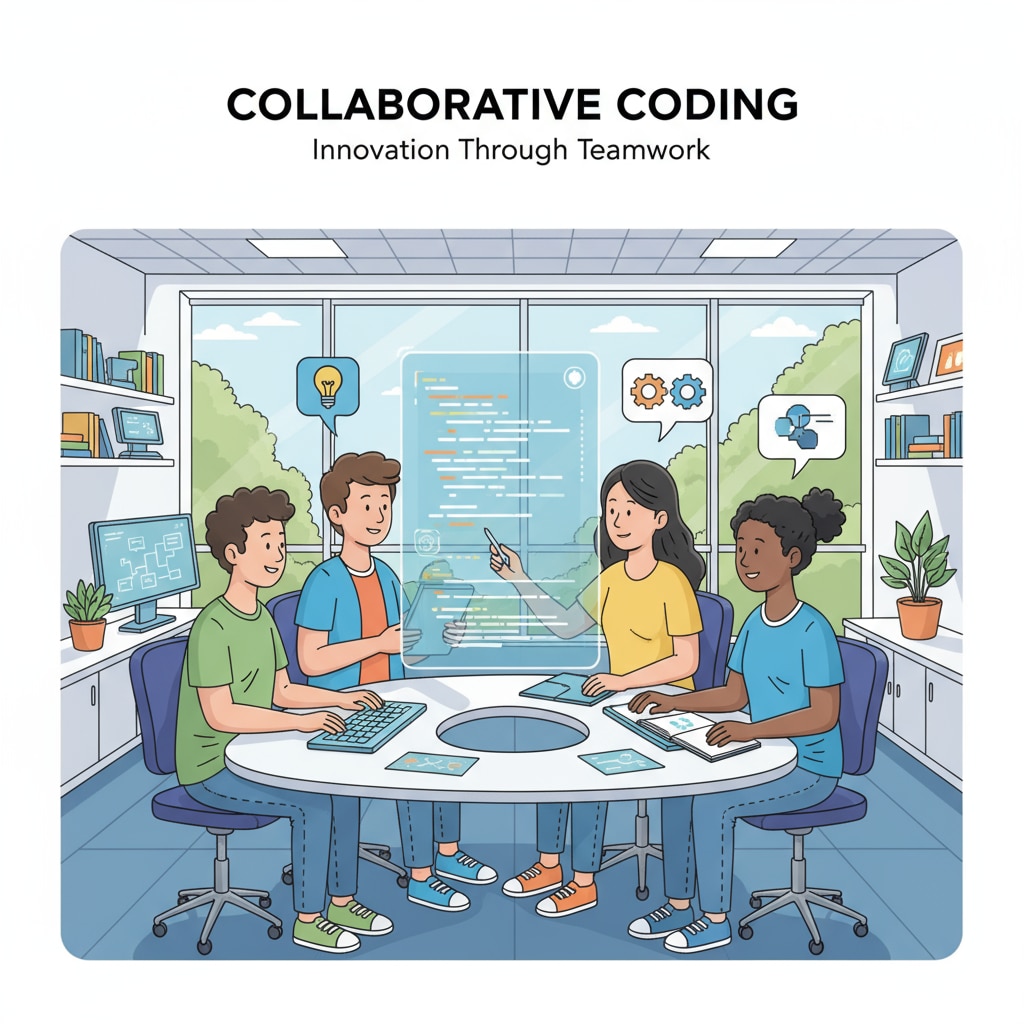Software engineering, certifications, and resumes are crucial elements for students aiming to pursue a career in this dynamic field. K12 programming education plays a vital role in shaping the future of these aspiring software engineers.

As technology continues to advance, the demand for skilled software engineers is on the rise. Early exposure to programming during the K12 phase can provide students with a solid foundation.
The Significance of K12 Programming Education
K12 programming education serves as a stepping stone for future software engineers. It helps students develop critical thinking, problem-solving, and logical reasoning skills. For example, when students engage in coding projects, they learn to break down complex problems into smaller, manageable steps. This ability is highly valued in the software engineering industry. According to TechTerms’ definition of K12 education, the knowledge and skills acquired during this stage can significantly impact a student’s future career path in software engineering.

Current Status and Challenges of K12 Programming Education
Although K12 programming education is gaining more attention, it still faces several challenges. One major issue is the lack of qualified teachers. Many schools struggle to find educators with a strong programming background. In addition, the curriculum may not be standardized across different regions. This inconsistency can make it difficult for students to build a comprehensive understanding of programming concepts. As stated in an article on the ISTE website, addressing these challenges is essential for the effective implementation of K12 programming education.
Another challenge is the limited access to resources. Some schools may not have the necessary equipment or software to support programming courses. This can hinder students’ learning experience and limit their exposure to the latest programming technologies.
Home-School Collaboration for Programming Literacy
Home-school collaboration can be a powerful approach to enhance students’ programming literacy. Parents can encourage their children to explore programming outside of school. For instance, they can introduce coding games or online tutorials. By working together, schools and parents can create a supportive environment for students to develop their programming skills. This collaborative effort can also help students build a more impressive resume in the future, which is crucial for their software engineering career aspirations.
Schools can provide parents with resources and guidance on how to support their children’s programming learning at home. This can include recommended books, websites, and apps. By bridging the gap between home and school, students can receive continuous support in their programming journey.
Readability guidance: In this article, we’ve explored the importance of K12 programming education for future software engineers. We’ve seen how it impacts their skills development, the challenges it faces, and how home-school collaboration can help. By addressing these aspects, students can be better prepared in terms of software engineering knowledge, certifications, and building an attractive resume.


